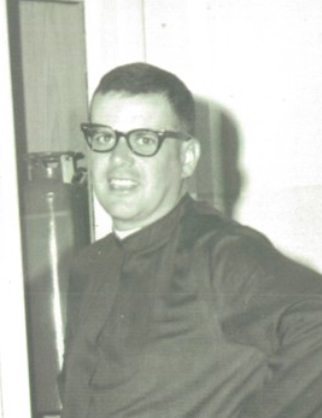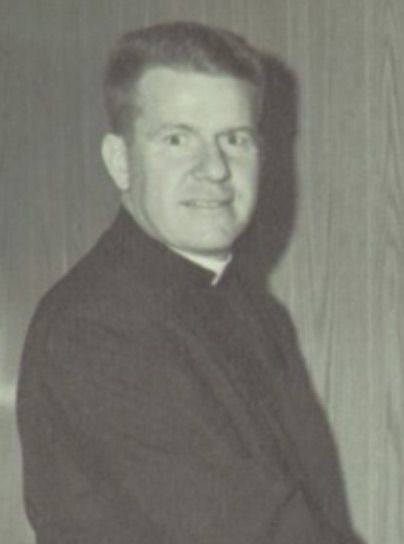Diocese of Scranton
With 120 parishes and a membership base of nearly a quarter of a million registered Catholics, the Diocese of Scranton serves the counties of Bradford, Lackawanna, Luzerne, Lycoming, Monroe, Pike, Sullivan, Susquehanna, Tioga, Wayne, and Wyoming. The Diocese is currently providing Catholic education to 14,500 children from pre-school through high school across 20 schools.
In August 2018, the Diocese of Scranton was included in a Grand Jury report that identified 59 sexual abusers who served or were employed by the Diocese, giving detailed summaries of abuse perpetrated by Father Robert Caparelli, Monsignor Joseph Hammond, and Father Thomas Skotek. According to the report, these examples provide a window into the conduct of past Pennsylvania Bishops and the crimes they permitted to occur on their watch. This includes the actions – and inactions – of Bishop J. Carroll McCormick and Bishop James Timlin. Read the complete 2018 Pennsylvania Grand Jury Report.
Read the complete 2018 Pennsylvania Grand Jury Report
You Are Not Alone. We Are Here to Help You.
From simply listening to your story without judgment to assistance navigating the complexities of compensation programs and statutes of limitations, we are ready to help Pennsylvania child sex abuse survivors find justice and healing. Our law firm of legal professionals and advocates has more than three decades of experience working with survivors of sexual abuse and litigating cases against Catholic dioceses and religious orders nationwide. Contact us today. Your information will remain completely confidential.
Share your story. Take legal action. Call us today.
215-515-6174 | 7 Great Valley Parkway, Suite 290, Malvern, PA 19355
Clergy accused of child sexual abuse in the Diocese of Scranton.
The list below contain the names of clergy who were assigned within or working in the Pennsylvania Diocese of Scranton who have been accused of sexual misconduct. While lawsuits were filed involving many of these alleged perpetrators, the vast majority of the claims against these individuals have been settled or have not been fully evaluated in a civil or criminal court. Accordingly, the allegations should be considered just allegations and should not be considered proved or substantiated in a court of law.
All individuals should be considered innocent until proven guilty. In some situations, the statute of limitations has expired preventing cases from being heard in a court of law. The information contained herein is an attempt to compile information already available to the public including information obtained from the media, www.bishopaccountability.org, the Diocese’s public statements, lists and reports that were released to the public, and other sources that have attempted to chronicle this information for public use.




